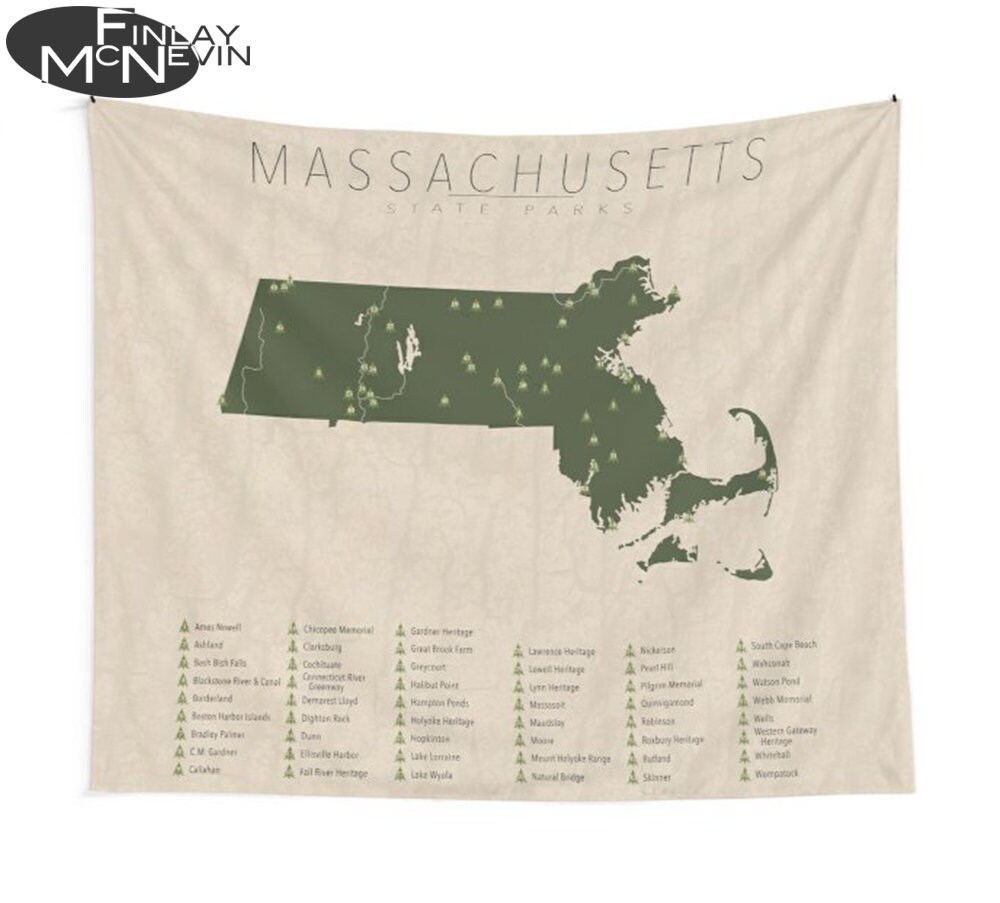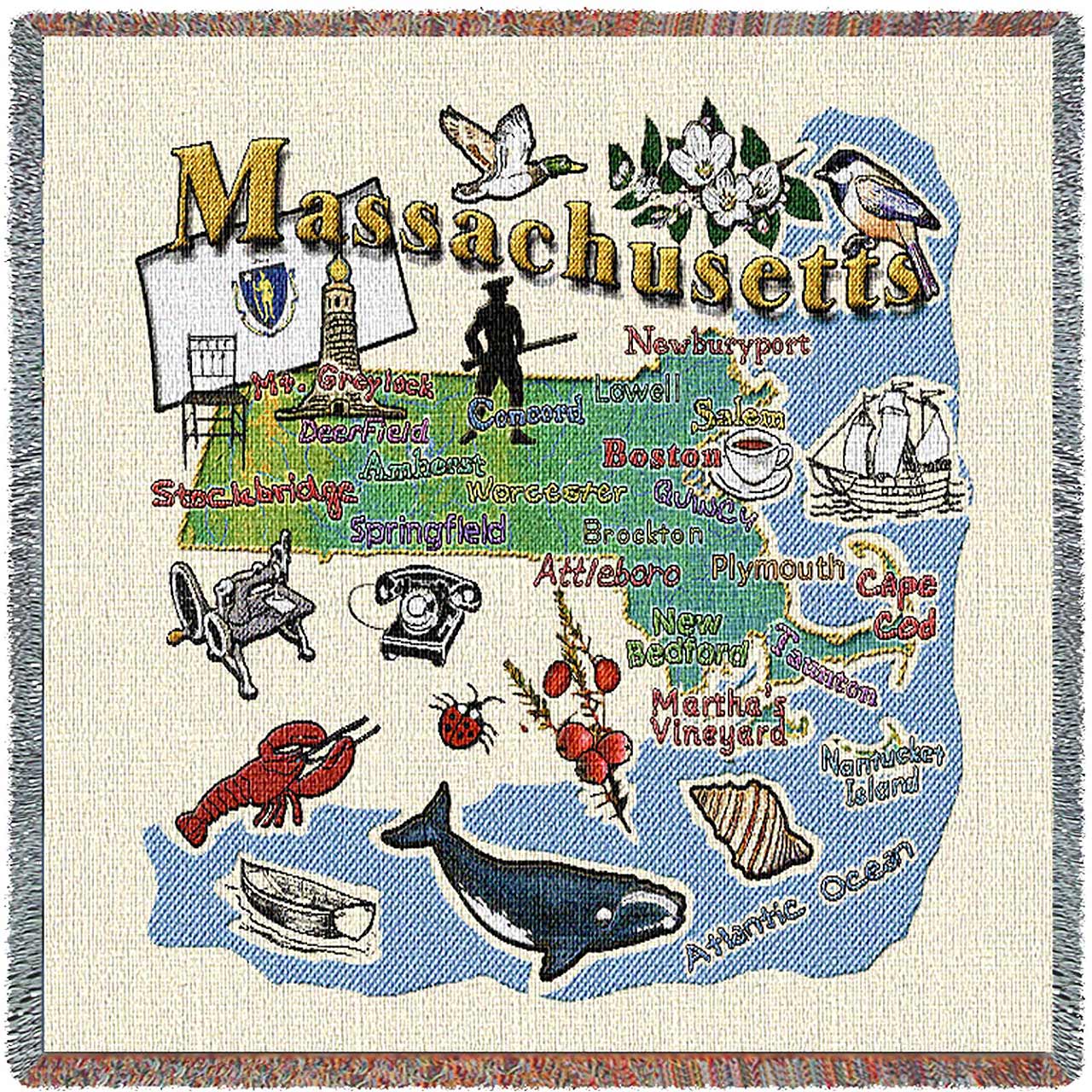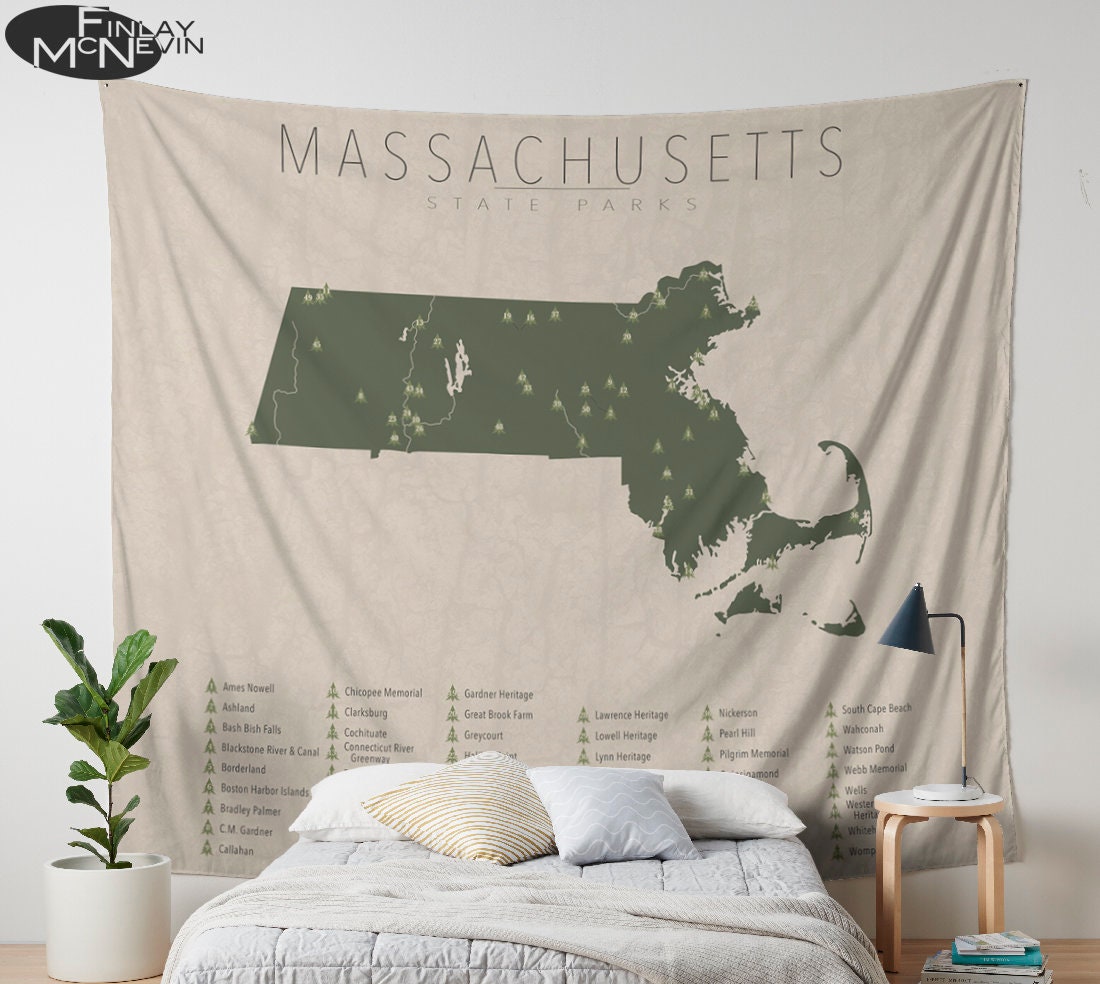Northeast Massachusetts: A Geographic and Cultural Tapestry
Related Articles: Northeast Massachusetts: A Geographic and Cultural Tapestry
Introduction
With enthusiasm, let’s navigate through the intriguing topic related to Northeast Massachusetts: A Geographic and Cultural Tapestry. Let’s weave interesting information and offer fresh perspectives to the readers.
Table of Content
Northeast Massachusetts: A Geographic and Cultural Tapestry

Northeastern Massachusetts, often referred to as the "North Shore," is a captivating region steeped in history, natural beauty, and vibrant cultural offerings. Its diverse landscape, from bustling coastal cities to charming rural towns, makes it a popular destination for residents and visitors alike. This article delves into the geographic and cultural facets of Northeast Massachusetts, providing a comprehensive overview of its unique character.
Geographic Landscape:
Northeast Massachusetts is a region of contrasts, encompassing a diverse range of landscapes:
- Coastal Cities: The region boasts several prominent coastal cities, including Salem, Gloucester, Newburyport, and Lynn. These cities are characterized by their historic harbors, bustling downtowns, and proximity to the Atlantic Ocean.
- Rural Towns: Inland from the coast, the region features charming rural towns like Ipswich, Rockport, and Manchester-by-the-Sea. These towns are known for their picturesque landscapes, quaint villages, and slower pace of life.
- Rolling Hills and Forests: Northeast Massachusetts is also home to rolling hills, dense forests, and numerous parks and conservation areas. The region’s natural beauty is a major draw for outdoor enthusiasts, offering opportunities for hiking, biking, and wildlife viewing.
Historical Significance:
Northeast Massachusetts played a pivotal role in the early history of the United States. The region was a key center of maritime trade, fishing, and shipbuilding during the colonial era. Its rich history is evident in the numerous historic sites, museums, and landmarks scattered throughout the region.
- Salem: Renowned for its association with the Salem Witch Trials of 1692, Salem offers a fascinating glimpse into a dark chapter of American history. The city is home to several historic sites, museums, and walking tours dedicated to the trials.
- Gloucester: Known as the "oldest fishing port in America," Gloucester has a long and storied maritime history. The city’s working waterfront, numerous fishing museums, and historic architecture reflect its rich maritime heritage.
- Boston: While not technically part of Northeast Massachusetts, Boston’s influence on the region is undeniable. As the state capital and a major center of commerce, culture, and education, Boston draws residents and visitors from across the region.
Cultural Tapestry:
Northeast Massachusetts is a melting pot of cultures, reflecting its diverse history and population.
- Arts and Culture: The region is home to a vibrant arts and culture scene, with numerous theaters, museums, art galleries, and music venues. Salem, in particular, has a thriving arts community, with several theaters, galleries, and festivals throughout the year.
- Food and Drink: Northeast Massachusetts is renowned for its fresh seafood, particularly lobster, clams, and cod. The region also boasts a thriving culinary scene, with numerous restaurants, cafes, and breweries offering a wide range of cuisines and local specialties.
- Education: The region is home to several prestigious universities, including Harvard University and MIT in neighboring Cambridge, and Salem State University. These institutions contribute significantly to the region’s intellectual and cultural landscape.
Economic Drivers:
Northeast Massachusetts is a region with a diverse economy, driven by several key sectors:
- Tourism: The region’s natural beauty, historic sites, and cultural attractions draw millions of visitors each year, contributing significantly to the local economy.
- Education: The presence of several universities and colleges in the region creates a significant demand for housing, retail, and services, contributing to the local economy.
- Healthcare: The region is home to several major hospitals and healthcare institutions, providing employment opportunities and contributing to the local economy.
- Technology: The region is increasingly becoming a hub for technology companies, particularly in areas like software development and cybersecurity.
Environmental Concerns:
Like many coastal regions, Northeast Massachusetts faces several environmental challenges, including:
- Sea Level Rise: The region is particularly vulnerable to the effects of climate change, with rising sea levels posing a threat to coastal communities and infrastructure.
- Water Quality: The region’s coastal waters are facing challenges from pollution and overfishing, impacting the local ecosystem and economy.
- Development Pressure: Rapid development in the region is putting pressure on natural resources and habitats, requiring careful planning and conservation efforts.
Benefits of Living in Northeast Massachusetts:
- Quality of Life: The region offers a high quality of life, with its beautiful natural environment, diverse cultural offerings, and strong sense of community.
- Access to Amenities: Residents of Northeast Massachusetts have access to a wide range of amenities, including excellent schools, healthcare facilities, and cultural attractions.
- Proximity to Boston: The region’s proximity to Boston provides residents with access to the city’s vast employment opportunities, cultural attractions, and amenities.
FAQs about Northeast Massachusetts:
Q: What is the best time to visit Northeast Massachusetts?
A: The best time to visit Northeast Massachusetts depends on your interests. The summer months (June-August) offer warm weather and ideal conditions for outdoor activities. Fall (September-November) is known for its stunning foliage and crisp air. Spring (April-May) is a beautiful time to visit, with the region coming alive with flowers and wildlife.
Q: What are some popular attractions in Northeast Massachusetts?
A: Some popular attractions in Northeast Massachusetts include:
- Salem Witch Museum: Learn about the Salem Witch Trials and their impact on American history.
- Gloucester Maritime Heritage Center: Explore the rich maritime history of Gloucester, including its fishing industry and shipbuilding heritage.
- Cape Ann Museum: Discover the art and history of Cape Ann, a region known for its beautiful landscapes and artistic heritage.
- Ipswich River Wildlife Sanctuary: Enjoy a peaceful walk through a scenic wildlife sanctuary, observing local flora and fauna.
- Rockport Harbor: Admire the picturesque harbor and enjoy the charming shops and restaurants of this historic town.
Q: What are some tips for visiting Northeast Massachusetts?
A: Here are some tips for visiting Northeast Massachusetts:
- Plan ahead: Book your accommodation and transportation in advance, especially during peak season.
- Consider the weather: Pack for all types of weather, as the region can experience unpredictable conditions throughout the year.
- Explore the region’s diverse offerings: From historical sites to natural wonders, Northeast Massachusetts offers something for everyone.
- Sample the local cuisine: Don’t miss the opportunity to try fresh seafood, local breweries, and other culinary delights.
- Take advantage of public transportation: While driving is an option, consider using public transportation or biking to explore the region’s cities and towns.
Conclusion:
Northeast Massachusetts is a region of extraordinary beauty, rich history, and vibrant culture. From its bustling coastal cities to its charming rural towns, the region offers a diverse range of experiences for visitors and residents alike. Whether you are interested in exploring historic sites, enjoying outdoor activities, or immersing yourself in the region’s vibrant arts and culture scene, Northeast Massachusetts has something to offer everyone.







Closure
Thus, we hope this article has provided valuable insights into Northeast Massachusetts: A Geographic and Cultural Tapestry. We appreciate your attention to our article. See you in our next article!
